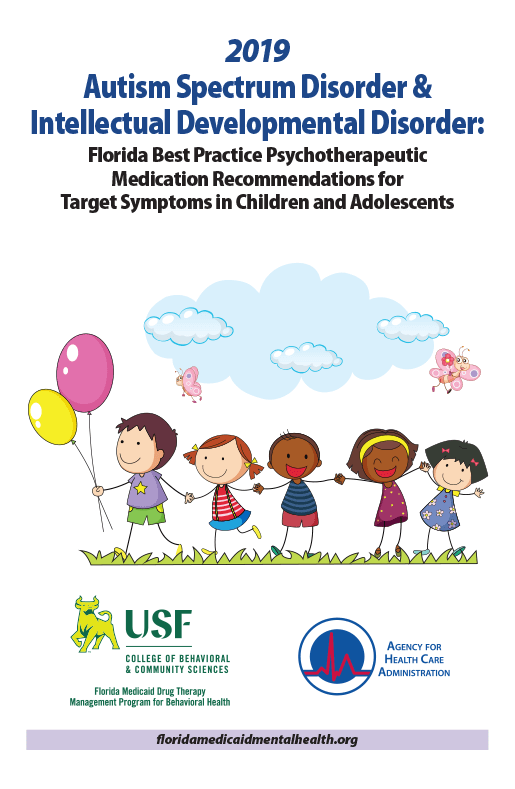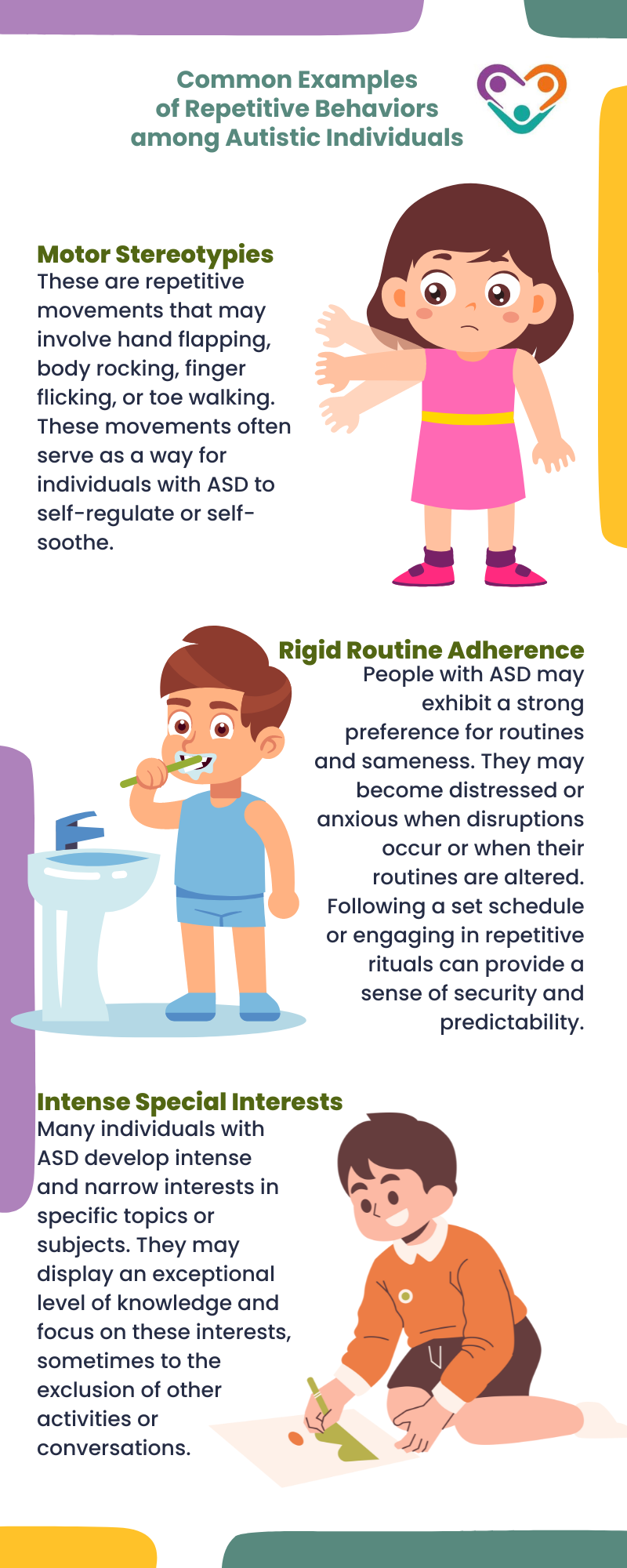Turning challenges into growth using Autism Behavioral Therapy tools
Turning challenges into growth using Autism Behavioral Therapy tools
Blog Article
Recognizing the Effect of Behavioral Autism on Daily Life and Social Communications
You might not understand just how deeply behavioral autism influences every day life and social interactions. People on the range often browse a globe full of interaction difficulties and sensory overload. These obstacles can cause frustration and isolation, influencing their relationships and total well-being. Recognizing these nuances is crucial for fostering supportive environments. What techniques can we carry out to produce even more comprehensive rooms and meaningful links? The solutions could stun you.
Specifying Behavior Autism and Its Features
Behavior autism, often described as autism spectrum disorder (ASD), incorporates a series of problems identified by difficulties in social interaction, communication, and recurring habits. You might observe that individuals with ASD often struggle to analyze social signs, which can cause misconceptions in discussions. They may find it tough to develop eye contact or take part in tiny talk, making social situations feel overwhelming.
Communication troubles can show up in different methods, from delayed speech growth to a preference for using less words. By recognizing these attributes, you can cultivate an atmosphere that promotes approval and motivates effective interaction, aiding people with autism flourish in their daily communications.
The Spectrum of Autism: Recognizing Irregularity in Actions
Autism spectrum disorder (ASD) isn't a one-size-fits-all medical diagnosis; it differs commonly amongst people. You may run into people who are very spoken and engage quickly in discussions, while others could favor solitary activities or interact non-verbally.
Furthermore, the method people with ASD react to sensory input can vary considerably; some may be overwhelmed by loud noises or intense lights, whereas others thrive in stimulating atmospheres. The range likewise consists of differences in social interactions; some individuals may have a hard time to analyze social hints, while others browse social setups with family member simplicity. Recognizing this irregularity is essential, as it helps you value everyone's one-of-a-kind experience and dressmaker support to their particular needs, promoting a much more inclusive setting for everybody.
Interaction Challenges Faced by Individuals With Autism
When you interact with people on the autism spectrum, you may observe their distinct interaction obstacles. They commonly deal with difficulties with both nonverbal and spoken hints, which can influence their social interactions. Comprehending these obstacles is essential for promoting much better connections and support.

Verbal Communication Problems
Lots of people on the autism range experience verbal communication difficulties that can substantially affect their daily interactions. You might locate it challenging to express your ideas, feelings, or requires clearly. This can cause stress for both you and those around you, as misconceptions occur. You may have problem with initiating discussions, preserving a topic, or recognizing nuances in speech. Usually, you may prefer using basic language or repeated phrases, which can restrict your ability to involve in deeper discussions. Your tone, pace, or quantity may not align with social assumptions, creating others to misunderstand your objectives. Identifying these difficulties can aid you and your assistance network develop strategies to boost interaction and promote much better links with others in your day-to-day live.
Nonverbal Interaction Barriers
Verbal communication isn't the only difficulty people on the autism spectrum face; nonverbal interaction barriers can be just as considerable. These difficulties can lead to misunderstandings or misconceptions of social hints, making interactions feel complex or overwhelming. By dealing with nonverbal interaction, you can discover techniques to improve your social experiences and enhance your general top quality of life.
Social Communication Influences
Social communications can typically feel frustrating due to the unique interaction obstacles encountered by individuals with autism. Recognizing these difficulties can assist you discover techniques to improve interaction, such as practicing social abilities in safe settings or making use of visual aids. Recognizing your needs enables you to navigate social interactions with higher confidence and convenience.
Social Interaction and Relationship Structure in Autism
While structure relationships can be testing for individuals with autism, understanding their unique viewpoints and communication designs can foster special info meaningful connections. You might see that lots of individuals on the range choose straight communication and may have problem with social signs or little talk. By being simple in your interactions, you can assist develop an atmosphere where they really feel comfy.
Involving in shared rate of interests can likewise serve as a bridge to much deeper links. Whether it's a hobby, a favored show, or a mutual interest, these typical threads can open up doors to friendship.
Every Day Life Regimen: Navigating Strategies and challenges
Navigating day-to-day life regimens can be particularly testing for people with autism, especially when unexpected changes happen. You may find comfort in having a structured timetable, as it helps you expect what's next. It's typical to really feel distressed or overwhelmed when disruptions take place. To navigate these challenges, think about applying aesthetic routines or lists. These tools can offer clarity and peace of mind.
Developing a routine that includes sensory breaks can likewise be helpful. This aids develop an understanding atmosphere.
Lastly, method mindfulness strategies to take care of anxiety and anxiousness. Easy breathing workouts or basing methods can make a significant distinction. By including these strategies, you can improve your day-to-day routine and reduce disturbances, making life feel much more convenient.
Strengths and Abilities of Individuals on the Autism Range
Comprehending day-to-day life routines is just one facet of the autism experience. Numerous individuals on the autism spectrum have exceptional staminas and abilities that establish them apart.
Moreover, your memory abilities usually shine, particularly in locations of rate of interest. Aba Therapist. This knack for preserving info can make you a valuable source in fields like art, science, or modern technology. You might also display strong visual reasoning, allowing you to picture intricate concepts and address troubles creatively
Furthermore, your special point of view on the globe can cultivate compassion and understanding in others, improving social interactions. Embracing these staminas not just enhances your self-confidence but also aids others appreciate the diverse skills you offer the table.
Developing Comprehensive Atmospheres for People With Autism
Creating comprehensive environments for individuals with autism begins with developing sensory-friendly spaces that accommodate their distinct demands. You can likewise promote possibilities for social interaction, aiding to construct relationships and connections. By making these adjustments, you'll add to a much more inviting ambience for everyone.
Creating Sensory-Friendly Spaces
While making sensory-friendly spaces, it's essential to show on the unique needs of individuals with autism. Include peaceful areas where individuals can pull back and charge when overwhelmed. Include aesthetic timetables or clear signs to aid individuals navigate the room confidently.
Advertising Social Interaction Opportunities
Designing sensory-friendly spaces not just addresses private convenience however likewise sets the stage for purposeful social communications among individuals with autism. Urge peer mentoring, combining individuals with autism with encouraging peers that can lead them with social circumstances. By applying these methods, you can boost social opportunities, aiding individuals with autism construct friendships and strengthen their social skills in a safe, inviting atmosphere.

Frequently Asked Inquiries
Just How Can Pals Assistance Someone With Behavioral Autism?
You can support a good friend with behavior autism by being patient, paying attention proactively, and valuing their borders. Participate in activities they enjoy, communicate freely, and develop a comfy environment where they feel valued and comprehended.
What Resources Are Offered for Parents of Kid With Autism?
You can check out various resources for moms and dads of children with autism, including support groups, instructional web sites, and neighborhood social work. Getting in touch with other parents can likewise offer valuable insights and shared experiences to assist browse difficulties.
Can Behavioral Autism Adjustment Over Time?

Yes, behavior autism can change in time. You may notice shifts in interaction, social abilities, and habits as your child grows. Early intervention and assistance often play essential functions in these developmental adjustments.
How Do Sensory Level Of Sensitivities Affect Daily Life?
Sensory level of sensitivities can make everyday experiences frustrating. You could fight with brilliant lights or loud noises, bring about tension or evasion. Finding environments that fit your requirements can significantly enhance your convenience and general life.
What Are Typical Misconceptions About Behavioral Autism?
You may assume behavior autism view just influences communication abilities, yet it's even more complicated. Lots of assume individuals lack empathy or intelligence, which click this site isn't true. Comprehending these false impressions helps foster acceptance and assistance for those on the range.
Behavioral autism, frequently referred to as autism range condition (ASD), encompasses a variety of conditions identified by challenges in social interaction, communication, and repetitive actions.Social interactions can often really feel overwhelming due to the distinct interaction difficulties dealt with by people with autism.Creating sensory-friendly rooms not just addresses specific convenience however additionally sets the stage for meaningful social interactions amongst individuals with autism. Urge peer mentoring, coupling people with autism with helpful peers that can assist them through social circumstances. By implementing these methods, you can enhance social chances, helping people with autism build friendships and strengthen their social skills in a safe, inviting setting.
Report this page